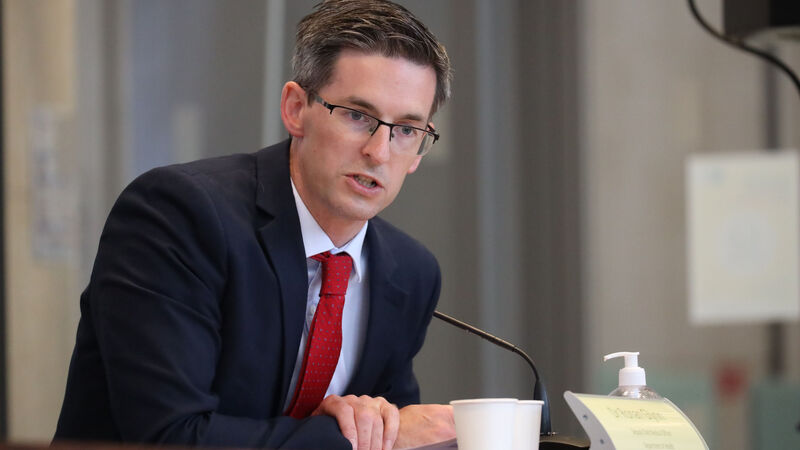Parents warned to brace for misinformation about childhood vaccines

Deputy Chief Medical Officer Dr Ronan Glynn told a Nphet briefing that childhood vaccines 'are a particular target for misinformation and disinformation'. Picture: Paddy Cummins /Collins Dublin
Parents are being warned to brace themselves for "misinformation" about childhood vaccines as the vaccination of 12-15 year-olds is rolled out.
“It’s important that parents prime themselves now and know they will be a target in the next two to three weeks, particularly through social media,” Deputy Chief Medical Officer Dr Ronan Glynn said.










